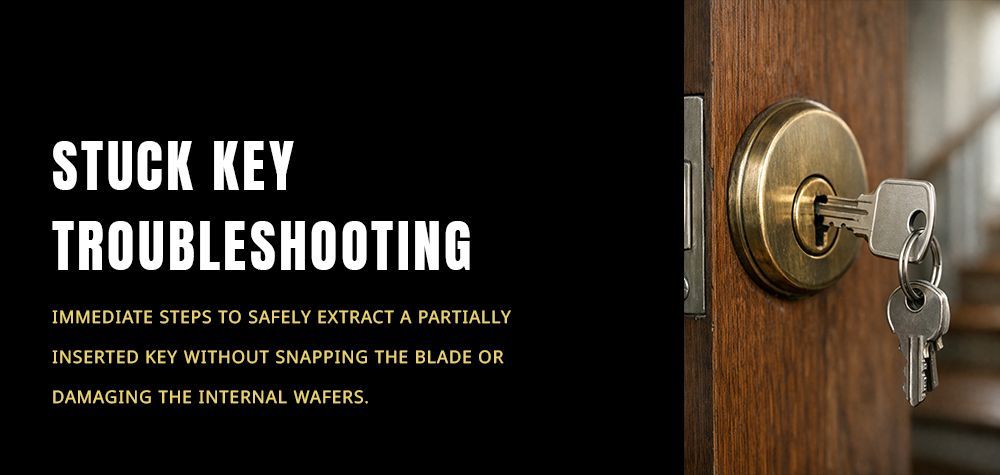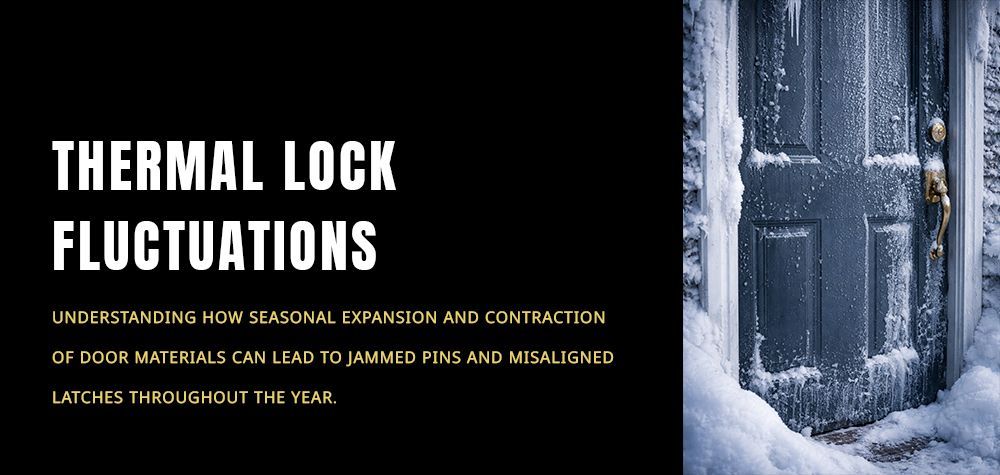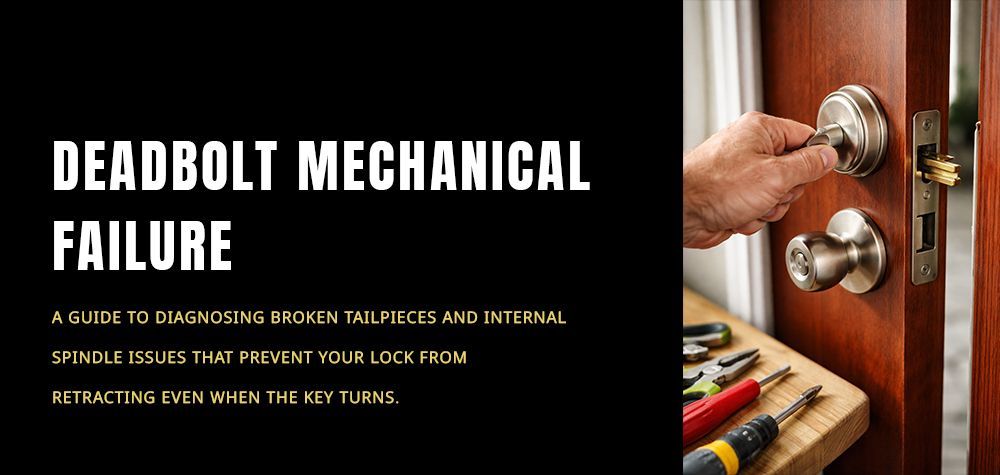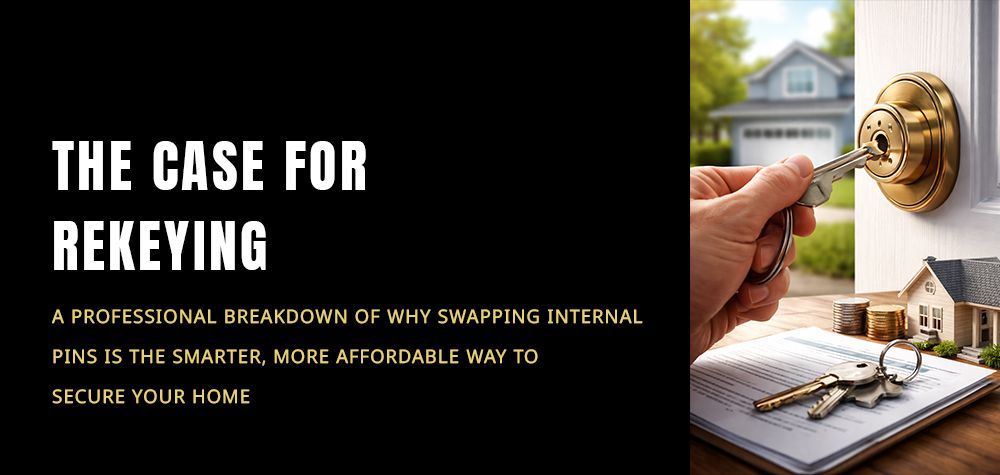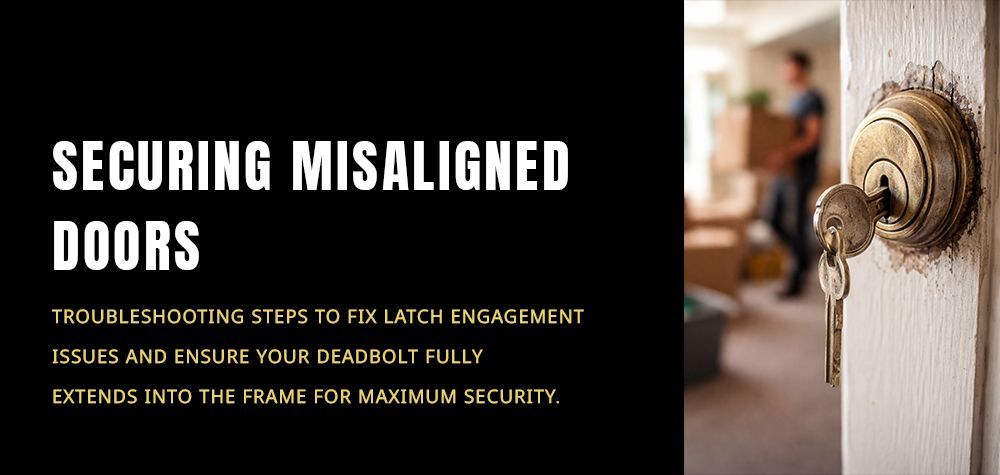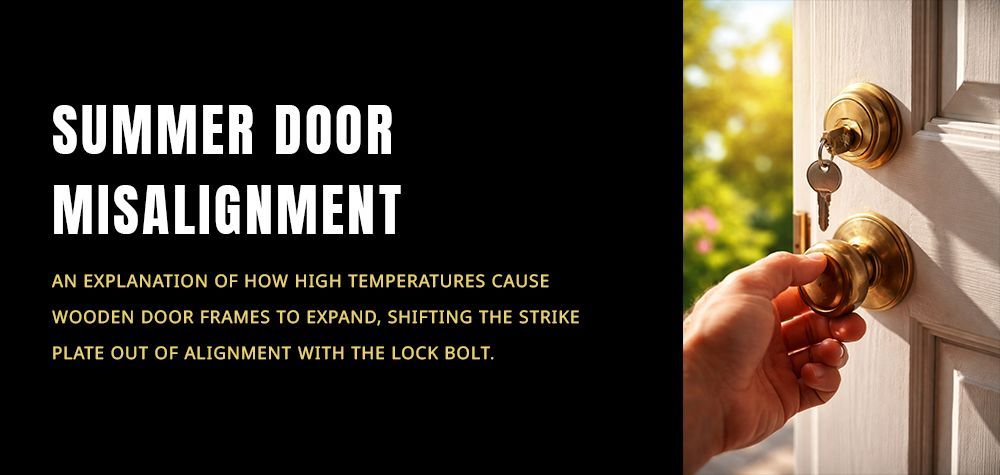How to Avoid Getting Scammed by Fake Car Locksmiths
Imagine being locked out of your car, stranded in a parking lot, and desperately searching for help. You whip out your phone, Google “car locksmith near me,” and call the first number you see. Within minutes, someone shows up—but what follows is anything but professional. Inflated prices, shady behavior, and sometimes even damage to your vehicle. Unfortunately, fake car locksmith scams are real, common, and rising.
This guide walks you through exactly how to avoid getting caught in such a trap. We’ll break down the red flags, the risks, and the smart, actionable steps you can take to stay safe when you need help the most.
"Can a Locksmith Open a Locked Car with the Key Inside?"
What Are Fake Car Locksmiths and Why Do They Exist?
Fake locksmiths typically pretend to offer genuine locksmith services, often using paid ads, generic websites, and false local listings to appear legitimate. They prey on emergencies—when you’re least likely to vet someone properly.
They often operate without proper licenses, insurance, or training, and rely on bait-and-switch pricing to scam vulnerable car owners. Once you’re desperate and in a tight spot, it becomes easier for them to take advantage.
The Risks of Hiring a Fake Locksmith
Falling into the trap of a fake locksmith isn’t just about overpaying. The risks can be far worse:
1. Financial Scams
What starts as a quoted $50 service quickly becomes a $300 bill after they’ve “opened” your car. These scammers use hidden fees, vague explanations, and pressure tactics.
2. Vehicle Damage
Unskilled scammers often lack the proper tools or knowledge to unlock vehicles without damage. They might scratch your paint, ruin the locking system, or worse—disable electronics.
3. Personal Safety Concerns
You're vulnerable when stranded. If you invite an unverified stranger to your location, you risk more than just a financial scam.
4. Data Theft
Modern cars often store information like contact lists and addresses. With the wrong person gaining access, you’re opening the door to possible identity theft or even future vehicle theft.
How to Spot a Fake Car Locksmith Before It's Too Late
While scammers can be convincing, they often leave behind signs. Keep your eyes peeled for these warning signals:
No Clear Business Name
If the person answers the phone with a vague phrase like “locksmith service” rather than a business name, that’s a red flag. Reputable locksmiths always state who they are.
Unrealistically Low Prices Online
A $19 car lockout service might sound like a dream, but it’s often a lie. This is a bait tactic. Once they arrive, they’ll invent reasons to charge you ten times more.
No Physical Address or Local Verification
If their website has no physical address, or you can’t verify their location through Google Maps, think twice. Many scam locksmiths use fake local addresses.
Unmarked Vehicles or No Uniform
Professionals take pride in branding. A real locksmith usually arrives in a marked van, wears a uniform, and carries ID. A person in plain clothes with no credentials? Big red flag.
Smart Steps to Avoid Locksmith Scams
Now let’s flip the script. Here’s how you take back control and protect yourself from scammers:
Step 1: Do Your Research Before You’re Locked Out
Don’t wait for an emergency. Research reputable local locksmiths now. Save their number in your phone. Look for reviews, verify their license (if required in your area), and check their physical location.
Step 2: Use Trusted Directories or Associations
Sites like the Associated Locksmiths of America (ALOA) have certified members. Choosing someone from such directories ensures you’re working with someone vetted and trained.
Step 3: Ask the Right Questions
When calling, ask for:
The business name
A full price quote (including potential extra charges)
Their license or certification, if applicable
If they’re reluctant or vague—hang up.
Step 4: Verify Their Vehicle and ID on Arrival
When the locksmith arrives, check:
Do they have a marked vehicle?
Are they wearing a company uniform or ID?
Do they confirm the price before touching your car?
Don’t let them start work unless everything checks out.
Step 5: Pay Attention to Their Tools and Techniques
A legit locksmith will use professional-grade tools and techniques that won’t damage your vehicle. If they reach for a hammer or drill immediately, stop them.
What to Do If You’ve Been Scammed
It happens. If you’ve already been scammed, take these steps to minimize damage:
Document Everything: Photos, receipts, license plates.
Report Them: Notify local authorities, the Better Business Bureau (BBB), and file an FTC complaint.
Dispute the Charges: If you paid by card, contact your bank or credit card company.
Warn Others: Leave reviews to help future victims avoid the same mistake.
Final Thoughts: Be Smart, Stay Safe
Getting locked out of your car is stressful—but letting a scammer into your life makes it worse. The best defense is a good offense. Vet your locksmiths before you need them. Know what to look for. And trust your gut—if something feels off, it probably is.
Don’t just unlock your car—unlock peace of mind.
Stay informed. Stay protected.
Call Us Any Time!


